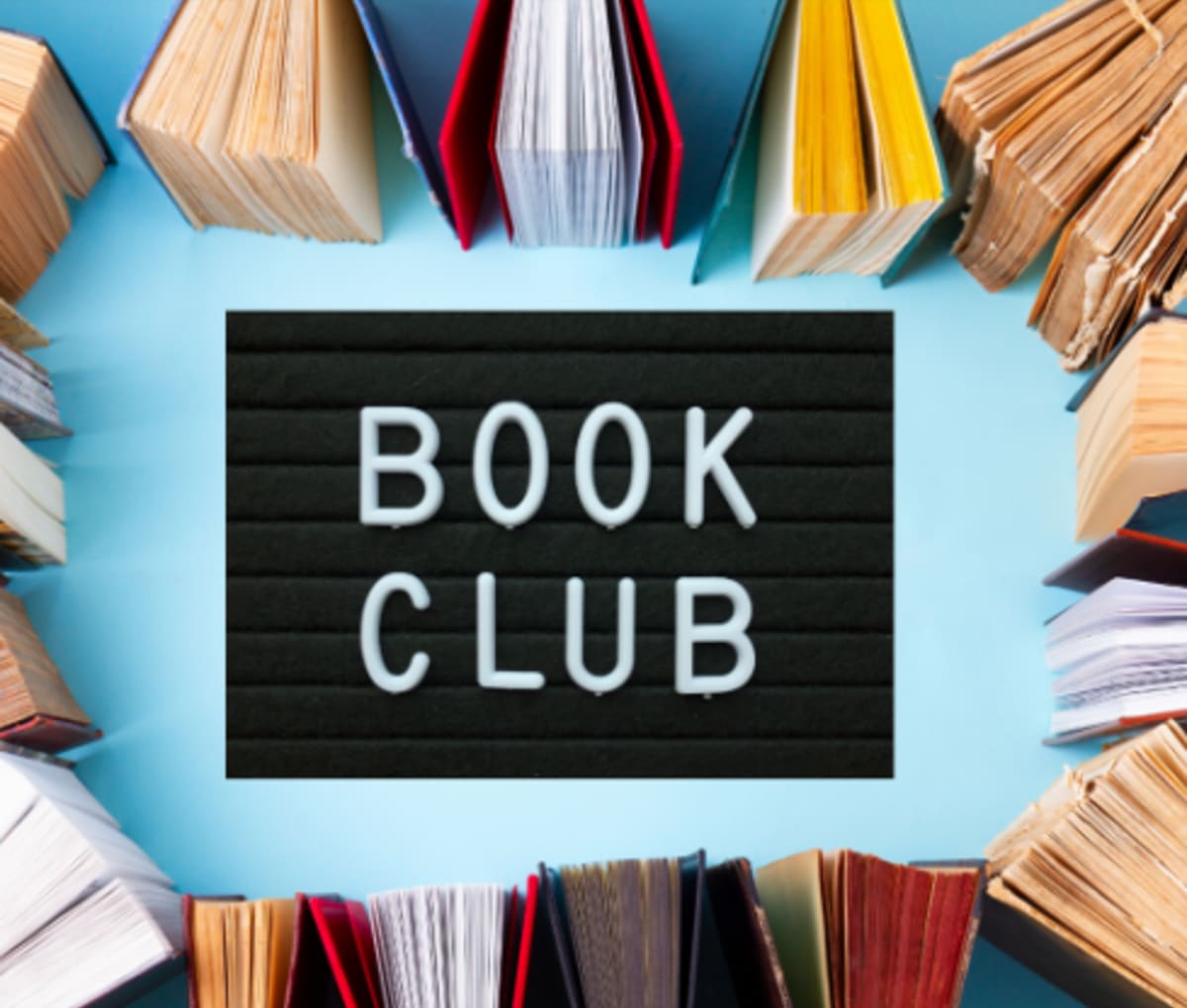Book Club Discussion Questions
Reading one of my books for your book club? Here are some discussion questions to get you started.
The Ghost House
- Vianne carries both grief and responsibility throughout the novel. How does her role as Blaise’s guardian shape her decisions? Do you see her as driven more by love, guilt, fear — or something else?
- Blaise is mute, yet his presence is powerful. In what ways does his silence heighten the tension of the story? How does the novel use his quiet perspective to deepen the emotional or supernatural elements?
- The novel blurs the line between the hauntings we carry and the hauntings that may be real. Which moments felt psychological to you, and which felt truly supernatural? Do you think the story ultimately answers that question — or intentionally leaves it unsettled?
- Communication — spoken and unspoken — is a major theme. How does the inability to speak (in Blaise’s case) or the reluctance to speak (in Vianne’s) affect the unfolding of the mystery?
- By the end, what do you believe the house ultimately represents for Vianne? A prison? A reckoning? A path to redemption? Something else?
The Secret Pianist
- This novel explores the courage and sacrifices of ordinary people during World War II. How are the sisters portrayed as resilient in the face of danger?
- Gaby’s composition, The Heroines, plays a significant role in the story. How does it serve as a metaphor throughout the novel?
- The story is set against the backdrop of Nazi-occupied France. Did the book provide you with any new insights into life under occupation?
- Discuss the dynamic between Gaby, Martine, and Simone. How did their distinct personalities shape the narrative?
- What secondary characters stood out to you, and why?
- If you could ask me one question about this book, what would it be — and why?
A Child for the Reich
- Were you surprised to learn about the Reich’s kidnapping campaign?
- Anna has conflicting feelings about her husband leaving for the resistance. Why do you think that is? Do you blame her?
- What is Matka’s motivation for getting out of bed each day? Do you blame her for not trusting her German friends, especially the Otts?
- Anna is constantly tested with who to trust. Early in the novel, Matka reads:
- “The Czech maiden searched the villages for a way to trick the devil, but she only had to listen to the whispers of her heart and trust herself. She had the answers all along…”
- In what ways does this passage foreshadow Anna’s journey?
- Ema asks Anna to tell her the story about the woman from Prague in the garden, but Anna holds back, and later only shares bits and pieces. Why do you think this is? Why does Anna finally tell her the whole story at the end, once safe at Greta’s?
- Who is your favorite character — and why?
The Girls from the Beach
- When Kit and Red land on the beaches, Red saves Kit from drowning. How does this moment shape their friendship? In what other ways does Red “save” Kit?
- Kit keeps her dual-language skills a secret from the Army. What do you think of that decision? If you were a nurse in France during the war, would you have been willing to treat German POWs?
- When Kit, Red, and Roxy drink wine at the sandbag canteen, Red says they’ll meet up someday after the war — and not in a tent. Given the ending, how ironic is this statement?
- Roxy resents being kept in the dark. Do you blame Kit and Red for keeping the German prisoner a secret from her?
- Roxy wants to go on the secret mission because it feels heroic — and because she has something to prove. How does she change during those five days behind enemy lines? What is the deeper significance of retrieving the soldier’s tags?
- Gail also feels she has something to prove. What do you think of her decision to switch orders? How does she grow during those five days?
- The women remind each other that they “don’t have to talk about it.” How significant is that statement, especially in light of Evelyn’s story?
The Girl from Vichy
- Mama gives Adèle her secret stash of francs and tells her her life is her own. What does this reveal about Mama’s character in that time period?
- Adèle misreads Marguerite at first. In what ways can we infer something deeper is happening with Marguerite — even before the truth is revealed?
- Adèle and Marguerite seem completely different at the beginning. In what ways are they actually similar?
- Let’s discuss Papa and Mama’s relationship. What keeps them from reconciling?
- Why doesn’t Adèle tell Papa herself that she is a Gaullist?
- Why does Gérard want to marry Adèle? What makes her attractive to him?
- In many ways, Gérard represents the Vichy regime. What can we infer about collaboration through his character?
- Why does Luc’s view of Adèle change when he learns she is the Catchfly? What draws them to each other?
- How does Marguerite act more like a sister to Adèle than Charlotte does?
- What do Charlotte’s paints symbolize? What do they represent for Adèle and her graffiti?
- Why does Charlotte want a baby so desperately? Why does she bury her miscarriages in secret?
- Charlotte’s resentment runs deep. Why is it directed at Adèle?
- Charlotte’s apartment appears picture-perfect. What does this reveal about her inner life?
- In what ways does Marguerite represent the struggle for freedom — and its cost? What does her death signify to Adèle? To Charlotte? What is the significance of Charlotte running uphill through the catchfly?
